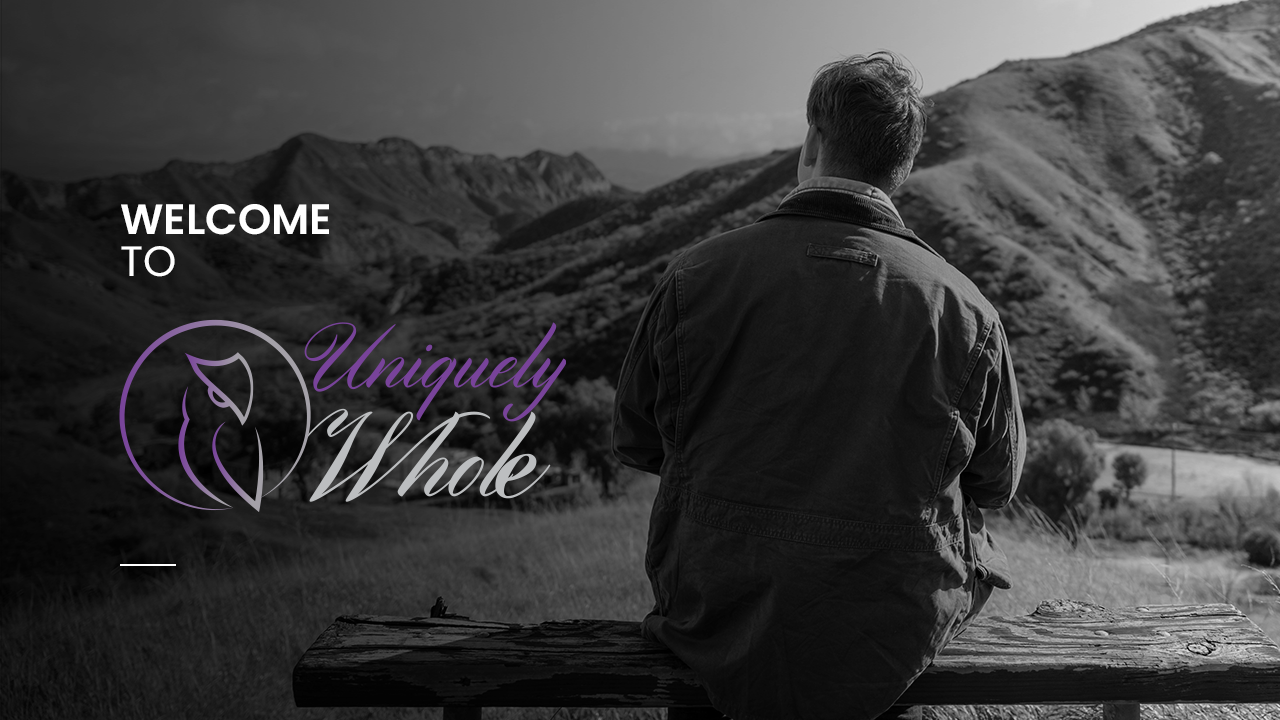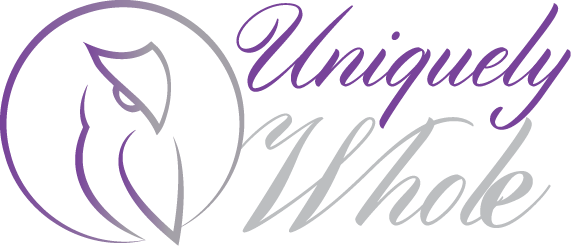About Us
At Uniquely Whole, we understand that every person’s journey to recovery is unique. That’s why we offer an individualized approach that focuses on overall wellness, including the mind, body, and soul.
Our team of coaches, overseen by a licensed clinician, are trained in various modalities and have their own lived experiences to draw from. We work with clients to build support and provide the necessary tools to reach their desired outcomes, without any requirements of sobriety beyond a desire to make positive changes. We believe that the key to recovery is connection, so we strive to connect our clients with an amazing community of like-minded individuals. Our goal is to show clients that recovery can be enjoyable and fulfilling. Choose Uniquely Whole for a supportive, well-rounded approach to recovery.


Robby Mitchell
Robby’s recovery journey began long before he achieved sobriety. He once believed that he was a broken man, but through the grace of God, the trials of prison, the support of his peers, and the guidance of treatment professionals, he has come to see himself as a uniquely whole man.
Robby is driven by a deep sense of purpose: to help guide others on their own journeys to freedom. He is passionate about providing loving care, accountability, and an immediate call to action to those who are struggling. By walking alongside members in their recovery journey, Robby is able to offer the support and guidance they need to achieve lasting recovery and build fulfilling lives.
“The core values we built our community on have significantly helped me on my path to recovery, and we are ready to support you every step of the way as you work toward your own long-term recovery.”
We invite you to walk alongside us at Uniquely Whole. Together, we can create a better future for ourselves and the community around us.
Carolyn
I became a Recovery Coach to find purpose in my Recovery. I’ve always loved helping people but didn’t know which avenue I wanted to take in order to do that. After I got sober, I knew I wanted to work with others in recovery as well as people searching for their own reasons to get healthy again. I got certified 2 years ago, and I love every second of what I do. I coach everyone from the homeless to people in treatment and everything in between. I use my lived experience to connect with my clients on a deeper level. Being able to use my trauma and help others who have been in similar situations makes me feel fulfilled in my job. Being able to see a client go from nothing and being at their bottom to seeing the growth and success in their lives is amazing. Being able to set my clients up with a viable plan to fulfill goals and make them successful in those areas of struggle.

Why Us?
Uniquely Whole is providing individualized recovery coaching because everyone’s journey to sobriety is unique and requires a personalized approach. By tailoring their coaching to the individual needs and goals of each client, Uniquely Whole is able to provide a more effective and supportive experience. This approach allows for greater accountability and connection between the coach and client, as well as the opportunity to integrate various holistic practices such as nature and fitness into the recovery process. Overall, Uniquely Whole’s individualized recovery coaching provides clients with the tools and support they need to achieve long-lasting sobriety and a fulfilling life in recovery.
Importance of Recovery Coaching
Recovery coaching is an integral part of early recovery, as it can provide crucial support and guidance during this critical time.
Early recovery is a challenging period, as individuals are working to break free from their addiction and establish healthy habits. It can be a time of great uncertainty and discomfort, as individuals adjust to a new way of living without the substance they were previously reliant on.
This is where recovery coaching can be invaluable. A recovery coach is a trained professional who helps individuals navigate the challenges of early recovery and build a strong foundation for lasting recovery. They can provide one-on-one support and guidance, as well as connect individuals with resources and tools to support their recovery journey.
One of the key benefits of recovery coaching is that it is tailored to the individual’s specific needs and goals. Recovery coaches work with their clients to identify areas of need and develop a personalized plan to help them achieve their desired outcomes. This can include support with managing cravings, building a sober support network, and developing healthy coping mechanisms.
Recovery coaching can also help individuals build resilience and coping skills, which are crucial for navigating the ups and downs of early recovery. A coach can provide a supportive and non-judgmental space for clients to process their emotions and work through any challenges they may be facing.
In addition, recovery coaching can provide accountability and motivation. A coach can help individuals stay on track with their recovery goals and provide encouragement and support when they may be feeling discouraged.
Overall, recovery coaching is an essential component of early recovery. It provides individuals with the support and guidance they need to navigate the challenges of this critical period and build a strong foundation for lasting recovery.
Frequently Asked Questions
What is recovery coaching?
Recovery coaching is a personalized, supportive service that helps individuals overcome addiction and maintain their sobriety. Recovery coaches work with clients to develop and implement a plan for achieving their recovery goals, providing accountability, guidance, and emotional support along the way.
What is the role of family and friends in recovery coaching?
Family and friends can play an important role in recovery coaching by providing emotional support, encouragement, and accountability to the individual in recovery. Recovery coaches can work with family and friends to help them understand the recovery process and provide them with tools and resources to support their loved one’s sobriety.
Can recovery coaching be combined with other forms of treatment?
Yes, recovery coaching can be combined with other forms of treatment, such as therapy, medication-assisted treatment, or group support programs like 12-step meetings. Recovery coaches can work with other healthcare providers to ensure a coordinated and comprehensive approach to the individual’s recovery. This can be especially helpful for individuals with complex needs or co-occurring mental health disorders.
How does recovery coaching support holistic wellness?
Recovery coaching supports holistic wellness by addressing the physical, emotional, and spiritual aspects of the individual’s recovery. Recovery coaches may incorporate holistic practices such as mindfulness meditation, yoga, and nutrition into their coaching to support the individual’s overall well-being.
How can I find a recovery coach?
There are several ways to find a recovery coach, including online directories, word of mouth recommendations, and referrals from healthcare providers or treatment centers. It’s important to choose a coach who is qualified and experienced, and whose approach and values align with yours.
How can I get started with recovery coaching?
To get started with recovery coaching, you can reach out to us, or a certified recovery coach or a recovery coaching program in your area. The coach will typically conduct an initial consultation to assess your needs and goals and develop a personalized coaching plan. It’s essential to be open and honest with your coach and to actively participate in the coaching process to achieve the best possible outcomes.
What is the difference between a recovery coach and a therapist?
Recovery coaches and therapists have different roles and qualifications. Therapists are licensed healthcare providers who diagnose and treat mental health disorders using evidence-based interventions. Recovery coaches, on the other hand, are peer support specialists who provide non-clinical support and accountability to individuals in recovery. Recovery coaching can be used in conjunction with therapy but is not a substitute for it.

